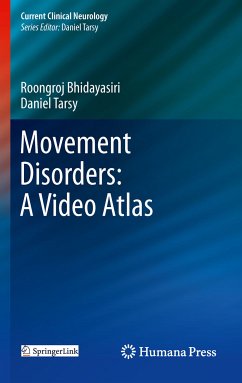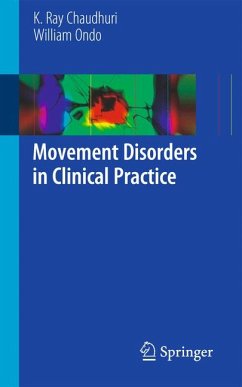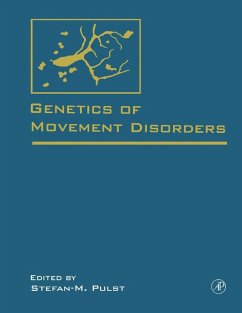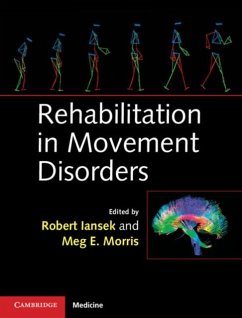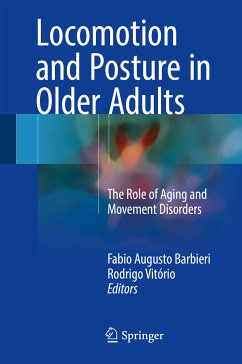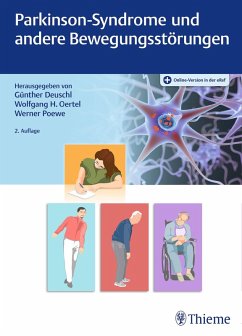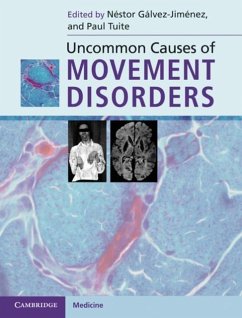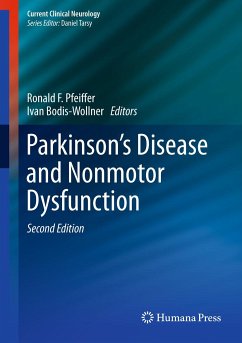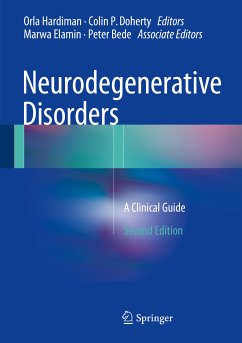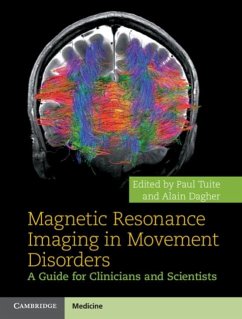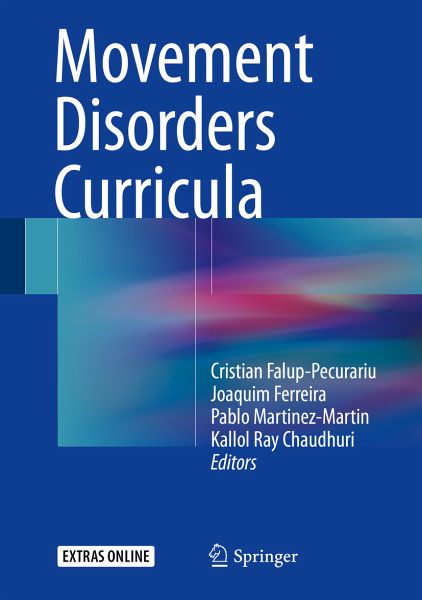
Movement Disorders Curricula (eBook, PDF)
Versandkostenfrei!
Sofort per Download lieferbar
96,95 €
inkl. MwSt.
Weitere Ausgaben:

PAYBACK Punkte
48 °P sammeln!
This book offers a comprehensive approach to the wide range of movement disorders, an important specialty in the field of neurology, guiding readers from the phenomenology to diagnosis and management. Reflecting the latest developments in the field, it offers a unique summary of this dynamic area by pursuing a uniform approach to movement disorders curricula. Divided into three parts, Movement Disorders Curricula provides an authoritative overview of this growing branch of neurology. The first part presents the basic elements of movement disorders, including descriptions of the anatomy and phy...
This book offers a comprehensive approach to the wide range of movement disorders, an important specialty in the field of neurology, guiding readers from the phenomenology to diagnosis and management. Reflecting the latest developments in the field, it offers a unique summary of this dynamic area by pursuing a uniform approach to movement disorders curricula.
Divided into three parts, Movement Disorders Curricula provides an authoritative overview of this growing branch of neurology. The first part presents the basic elements of movement disorders, including descriptions of the anatomy and physiology of the basal ganglia. It also features sections on clinical trials for movement disorders, practical skills, and rating scales. The second and third part examine in detail hypokinetic and hyperkinetic movement disorders, respectively. Equipping readers with the practical and research skills needed in the movement disorders field, the book offers a valuable tool to help them prepare for board examinations on general neurology, as well as for fellowships in movement disorders.
Divided into three parts, Movement Disorders Curricula provides an authoritative overview of this growing branch of neurology. The first part presents the basic elements of movement disorders, including descriptions of the anatomy and physiology of the basal ganglia. It also features sections on clinical trials for movement disorders, practical skills, and rating scales. The second and third part examine in detail hypokinetic and hyperkinetic movement disorders, respectively. Equipping readers with the practical and research skills needed in the movement disorders field, the book offers a valuable tool to help them prepare for board examinations on general neurology, as well as for fellowships in movement disorders.
Dieser Download kann aus rechtlichen Gründen nur mit Rechnungsadresse in A, B, BG, CY, CZ, D, DK, EW, E, FIN, F, GR, HR, H, IRL, I, LT, L, LR, M, NL, PL, P, R, S, SLO, SK ausgeliefert werden.



